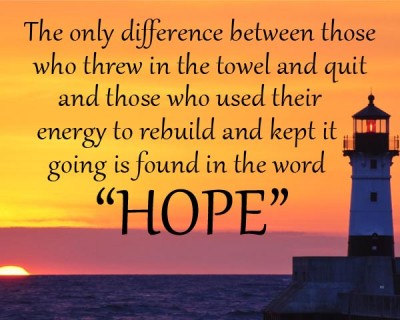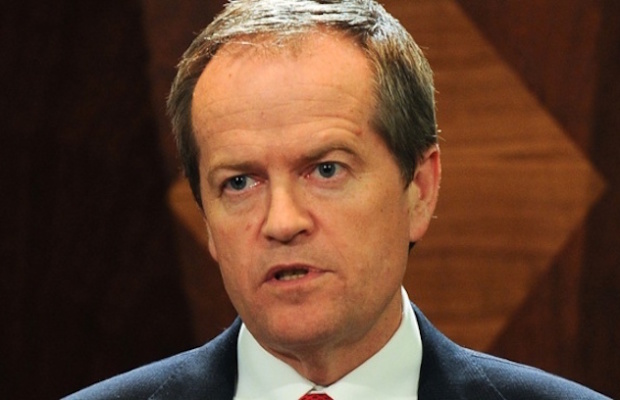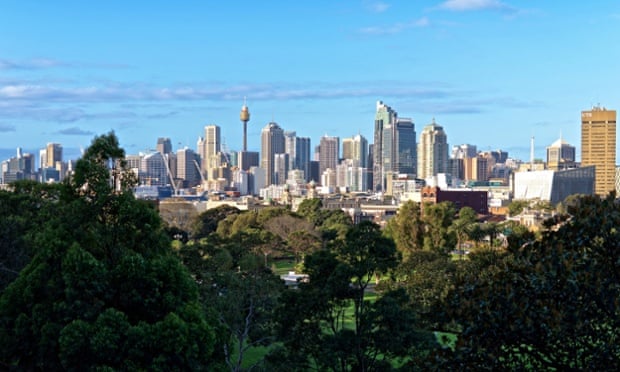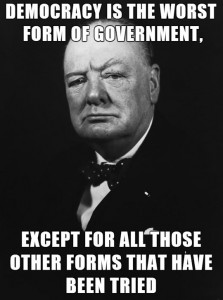Things for Labor to ponder in the New Year.

I have been writing for the AIMN for about fourteen months. Tony
Abbott being elected Prime Minister made me realise it is all hands on
deck to save this country and I have been trying ever since to inform
myself and others of the truth.
During that time I have read so many good suggestions mingled with a
lot of frustration. To all who have made suggestions and passed on
things they have read, I thank you. I have learned a lot.
I can only hope that someone with more power than a middle-aged woman in jammies has been listening to you.
In the New Year I hope that Bill Shorten and the Labor Party will
emerge with some ideas and commitments as to the direction in which they
want this country to go.
Here is my list of things I would like to hear about from Labor.
A firm commitment to action on climate change
We have a government who sees our success in reducing emissions as a
reason to lower our targets instead of a spur to increase our goals and
speed up the inevitable adjustment to a sustainable energy future.
A commitment to defend Medicare
Consult with the health industry to come up with areas to make savings or use funding more effectively.
Consider raising the Medicare levy, consider voluntary euthanasia –
also consider explaining that we CAN afford universal health care and
make the case for it.
Investment in education
Commit to the original Gonski funding but don’t take money from the
universities to pay for it. Education is an investment in our future.
Take on board the suggestion for maths and science specialists in
primary schools.
Employment
Consider reinstating the Commonwealth Employment Service. Currently,
employment and recruitment agencies take a lot of money from employers
while signing employees up to contracts that deprive them of
entitlements. Eliminate the middle man, employ some public servants,
and hook people up with worthwhile employment.
Provide some form of a job guarantee where, rather than working for
the dole, unemployed people are paid the minimum wage to do worthwhile
jobs in the community and environment.
Public transport
Push the advantages of public transport for our cities and high speed rail linking our capital cities via regional areas.
Investment in research and innovation
Stop this ridiculous short term thinking that cutting funding to
agencies like the CSIRO is a saving. We NEED ideas for the future and
employment for our best and brightest. We also need agencies like the
BoM keeping us informed about the science.
Federal ICAC
We need this for so many reasons. It MUST be done to put some integrity and trust back into the political system.
NBN
Is it too late to salvage the NBN? Can something be done about Telstra’s strangle hold?
Asylum seekers
We need a completely new approach where this discussion is put back
into perspective. With over 60,000 people overstaying their tourist and
student visas last year, the few asylum seekers who come by boat should
hardly be considered a burden.
Change the debate to what Australia’s contribution to the global
refugee crisis should be and stop paying poor countries to shoulder our
responsibilities.
Foreign Aid
If we are to have any credibility, any decency, we must increase our
Foreign Aid back to promised targets and beyond if we can afford it. We
use a disproportionate amount of the world’s finite resources and we
are not carrying our weight in paying for that by lifting others out of
poverty and protecting them from human rights abuses.
Income Inequality
It is unconscionable that 1 in 7 Australians live in poverty.
Increasing Newstart and other welfare payments by $50 a week would go a
long way to producing a demand driven boost to the economy whilst
contributing to an easing of the health, educational and social
disadvantage felt by so many Australians.
Housing Affordability
With over 100,000 Australians homeless, we need to do something
urgently to help provide more affordable housing. An important aspect
of Australia’s egalitarian past was home ownership. Current policies
make this an unaffordable dream for most.
Childcare
Forget expensive paid parental leave and rebates for nannies – work
on providing quality affordable childcare for those of us who have no
choice but to work.
I understand that it costs money to provide the society we all want so here is a list of places to find some:
Corporate tax avoidance
Superannuation tax concessions
Capital gains and negative gearing tax concessions
A financial transactions tax
Increased Medicare levy
Changes to the provisional tax rates
Carbon pricing
An improved mining tax
Fossil fuel subsidies
Defence spending
Politicians (past and present) entitlements
I hope you use the break to come up with a plan and come out fighting
in 2015. This middle-aged woman in jammies needs some help.
Related















